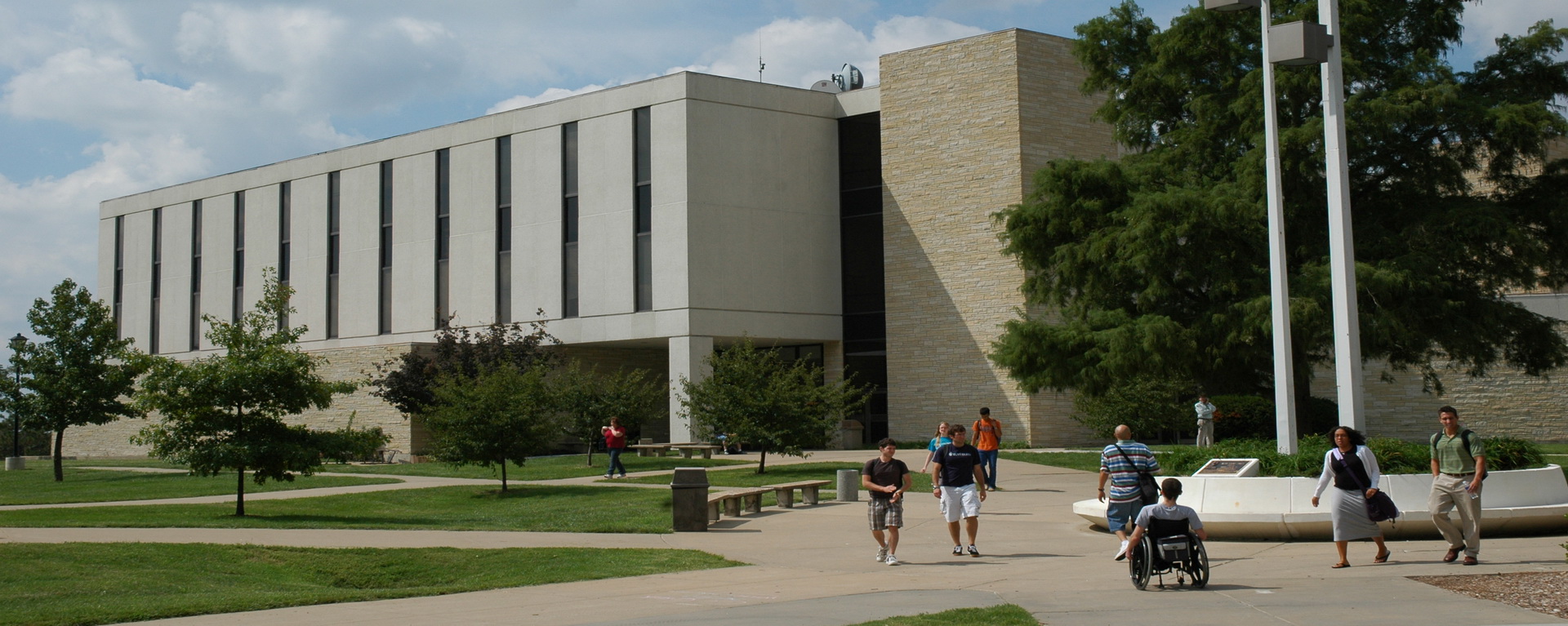
History Department Mission
The Department of History exists to develop the learning skills of enrolled students and impart to them an informed awareness of the past, to encourage the professional development of its faculty, and to contribute the professional expertise of its faculty in service to the academy and its constituents.
The Past of Our Present
Every day adds another to the past. Each individual is surrounded by the results of the past. The Washburn history department provides numerous opportunities to examine the past and acquire the skills which turn the past into usable historical understanding. Courses scheduled each semester frame the past in several ways. The 100-level, introductory courses survey civilizations--world and American. They introduce students to cultural patterns distinctive to their inhabitants. The upper division courses focus more tightly on themes, eras and peoples, challenging students to master more complex sources and develop higher levels of sophisticated analyses.
Each scheduled history course has a common objective, namely that students enrolled are engaged in "Doing History." Each course challenges students to imagine what happened in the past by examining records of human activity and interpreting them to produce a coherent explanation of times and peoples different from our own. Students in Washburn history courses are not passive recipients of information about the past, but active reconstructors of the past. They sharpen their skills in reading the record, critically thinking about what they find, and drawing conclusions.
The professors who teach history at Washburn are experienced, professional men and women who know their subject and are successful at teaching it. Their approaches and their course requirements vary with their styles, supporting the diversity of learning methods among students.
Student Learning Outcomes
History Majors at Washburn University, upon completion of the program, will be able to:
- Recognize the broadest patterns of United States and World History;
- Demonstrate ability to master critical skills of the historical discipline;
- Apply the understanding of the broad patterns of history to an in-depth examination of significant historical issues for three cultural areas identified by the department (United States, Europe, Non-Western);
- Demonstrated mastery of the discipline's scholarship by: putting specific research focus in the context of larger historical patterns; identifying an appropriate research project, and with it both the primary and secondary sources needed to carry it through; reading and assessing both of these kinds of sources in terms of the focused research project; and, conceptualizing, organizing, and writing a scholarly paper presenting the result of this scholarship
Program Assessment Plans and Findings
GET IN TOUCH WITH Department of History
History Department
Kuehne Hall, Room 301
1700 SW College Ave.
Topeka, KS 66621
Phone & Email
785.670.2060
history@washburn.edu

